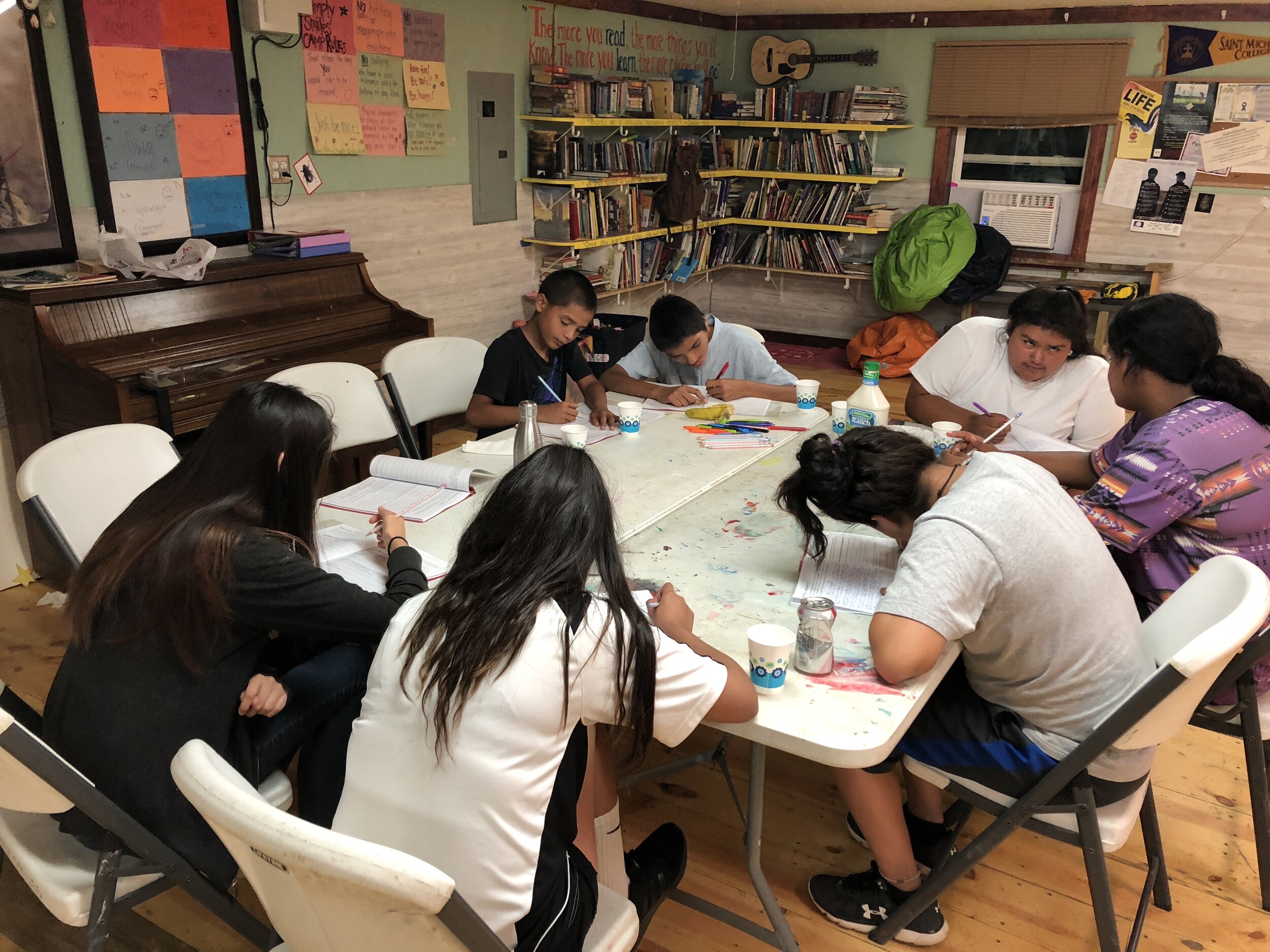In this episode I explore the significance of a dump truck beep when heard by a community of workers called los pepenadores, a community that works in the city garbage dump of Oaxaca, Mexico. Based on fieldwork and research, I argue that this particular sound is violent as well as informative because it exists within a violent structure, enabled by societal and governmental apathy. Considering structural violence changes the understanding of this environment, from an undesirable workplace to an assemblage of actants that violently impact the daily lives of los pepenadores; meaning, all aspects of this job, including the soundscape, carry an element of violence.
The Case for Songwriting as Interview
This first episode was created as an assignment for a class on Truth and Reconciliation by Dr. Lori Dolloff at the University of Toronto. I am pursuing my PhD in Ethnomusicology, and in this episode I talk about using songwriting as a form of interview as a way to decolonize the research process. This argument is based on past research, and on future plans. The end of the episode includes a mention of the following books and artists:
The Challenge to Care in Schools, Nel Noddings
We Make the Road by Walking, Paolo Friere and Miles Horton
The Body Keeps the Score, Bessel Van der Kolk
Custer Died for Your Sins, Vine Deloira Jr.
I Wanna Take Me a Picture, Wendy Ewald
The Porcupine Singers, Canyon Records
Tiokasin Ghosthorse, firstvoicesindigenousradio.org
Olivia LeBlanc
Simply Smiles, simplysmiles.org
A big thanks to Lori, The Porcupine Singers, and Olivia.


